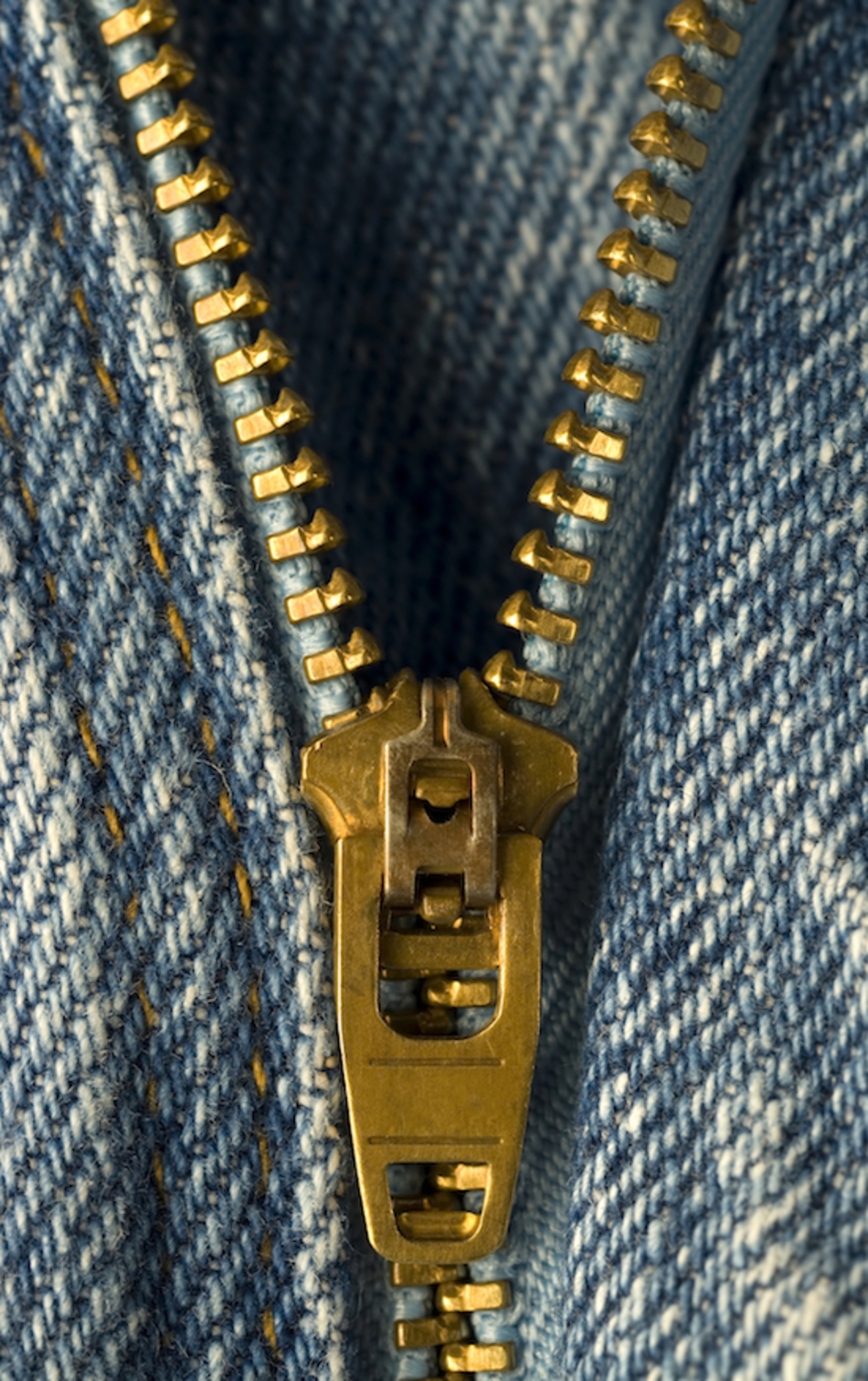
Episode Transcript
Interviewer: We all know STDs are extremely dangerous but, if you're under 25 years of age, you might be at higher risk for Chlamydia. That's coming up next on The Scope.
Announcer: Medical news and research from University Utah physicians and specialists you can use for a happier and healthier life. You're listening to The Scope.
Interviewer: We're talking today with Dr. Kyle Bradford Jones, family physician at the University of Utah. Chlamydia, Dr. Jones, we all know it is extremely dangerous and from what I've learned on the internet from my few minutes of research, it is a bacterial disease that is transferred through sexual interactions.
Dr. Jones: Right.
Interviewer: Are there any symptoms that people might find in case they are at risk for it.
Dr. Jones: Unfortunately no, that's kind of the one of the big problems with it. Eight-five percent of people who have it don't have any symptoms. So that means no discharge, no pain, no fevers, no rashes, nothing. And so that is one of the reasons why it is so dangerous. We just don't know that we have it.
Interviewer: So if you don't know that you have it, does it affect you health wise?
Dr. Jones: Absolutely, so there's both short term and long term consequences from this. So sometimes short term, you can develop urine infections and things like that. But, the long term, the really scary stuff is what is called pelvic inflammatory disease, which is a severe infection in your pelvis. So it causes lots of pain, fevers, chills. And the reason that is such a big deal is, that can keep you from getting pregnant for the rest of your life and you can end up with chronic pain.
You can often times end up with what's called an ectopic pregnancy where you get pregnant but the egg doesn't move, can't get to the right spot because all the tubes are scarred down. So it starts to grow where it shouldn't, and if it's not caught early that's something that can lead to death.
Interviewer: How early is early?
Dr. Jones: It kind of depends but, once you start, once you have an ectopic pregnancy you start to have pain. You can have lots of different localized symptoms like that. So if it's not acted on immediately, like I said you can have bad consequences.
Interviewer: Is it a dead end at that point, or is there anything you can do?
Dr. Jones: I mean you can definitely offer treatment and oftentimes you can prevent some of these really bad outcomes, especially if you treat shortly after you been infected. Considering that both men and women have it. Men have fewer long term consequences unfortunately in terms of women getting the brunt of it, but they can pass it along very easily. So if you're under 25, if you have multiple partners, you're at much higher risk of getting Chlamydia.
Interviewer: So with the symptoms of Chlamydia being almost impossible to find out and discovered, how do we prevent it from happening in the first place?
Dr. Jones: Absolutely with safe sex practices, so using condoms, all the things that we've been taught.
Interviewer: So I'm assuming Chlamydia is a disease that you can get screened for.
Dr. Jones: Absolutely, it's very important to get screened for this. You can do that at your primary care physician's office, you can do it at the local health department. It's recommended by the National Center for Disease Control that you get screened once a year. But it's very important to keep on top of that.
Announcer: TheScopeRadio.com is the University Utah's Health Sciences Radio. If you like what you've heard, be sure to get our latest content by following us on Facebook. Just click on the Facebook icon at TheScopeRadio.com.